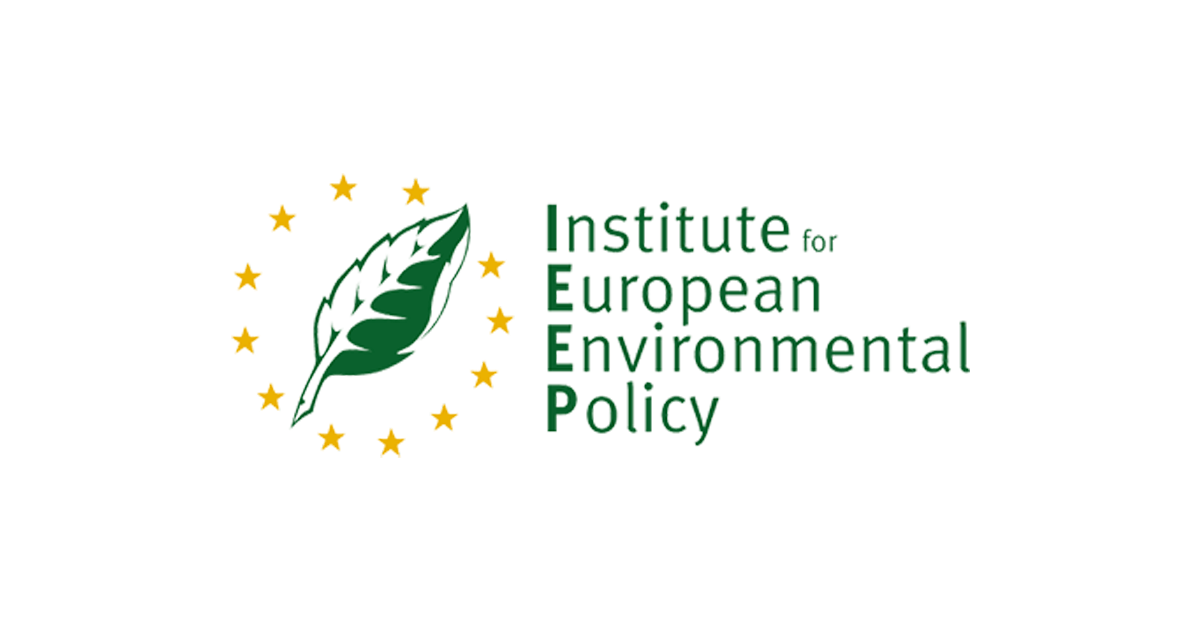15 May – A UK advanced biofuel industry could create jobs, bring benefits to poor people and help reduce greenhouse gas emissions from the UK transport sector.
As G8 countries come under pressure to review their biofuel mandates, a new report produced by IEEP for ActionAid suggests that a sustainable advanced biofuel sector in the UK could not only lead to thousands of new jobs but also help to deliver better greenhouse gas (GHG) savings and improve the overall environmental and social performance of the biofuel sector.
A fierce debate is underway about the future of biofuels in Europe and the UK specifically, triggered by the realisation that current biofuel consumption has greater environmental and social impacts than first anticipated. These include unexpected levels of GHG emissions, pressures on global agricultural markets and consumer prices, and land acquisitions from subsistence farmers, primarily in developing countries. Domestic advanced biofuels produced from wastes and residues are seen as a way to mitigate these impacts and to provide greater GHG savings over conventional fuels.
Certain wastes and residues, such as food and other biological waste, straw, manure, some residues accruing from undermanaged woodlands and used cooking oil could be used on a larger scale as biofuel feedstocks.
‘If done sustainably, this could result in a contribution of just over three per cent of the total UK transport sector energy demand in 2020 from otherwise underutilised sources. Several barriers such as poor collection infrastructure and investment in plant infrastructure would need to be overcome to make it happen’ – David Baldock, Executive Director, IEEP
‘Because domestic wastes and residues do not directly use land or food crops to produce biofuels, they will have considerably less impact on people. It will reduce pressures on agricultural markets and food prices and land grabs for biofuels in developing countries would be prevented’ – Tim Rice, Biofuels policy adviser, ActionAid.
Realising this potential requires a mix of responses including: formulating clear safeguards for the use of wastes and residues; commissioning research to improve understanding of priority uses and the sustainable volumes available; providing cross sectoral advice to promote sourcing and processing; and providing investment support to promote new technologies. If the right action is taken there is potential to create ten thousand jobs.
There is an opportunity to generate more renewable energy, enhance technological know-how, and creating economic benefits by putting currently under-utilised wastes and residue resources to productive uses. Provided that effective safeguards are implemented, environmental and social benefits will accrue from decarbonising the UK’s transport sector and achieving a reduced reliance on conventional fuels.
For more information, please contact: Ben Allen (ballen@ieep.eu), Bettina Kretschmer (bkretschmer@ieep.eu) or Tim Rice (tim.rice@actionaid.org / 07952 461 789)
Notes to editors:
- The Institute for European Environmental Policy (IEEP) is a not-for-profit research organisation specialising in EU environmental policy with offices in London and Brussels. www.ieep.eu
- ActionAid is a registered charity working with local people in more than 45 countries worldwide to advance a human rights-based approach to tackling poverty: www.actionaid.org.uk
- Indirect Land Use Change (ILUC) from EU biofuel production is the process whereby existing crop and livestock production is displaced to make way for the production of biofuel feedstocks. Assuming a constant or increasing demand for crop and livestock products, these are then produced elsewhere and lead to land use changes outside of what is currently agricultural land, such as forests.
- Feedstock refers to the raw materials used to produce biofuels.
- Domestic biofuels refers to those fuels and feedstocks produced within the UK.
- Advanced biofuels refers essentially to the process by which biofuels are produced, with most technologies at pilot scale or in development. In this case, advanced biofuels is intended to mean those that do not rely on land based food and feed crops for their production. ‘Conventional’ biofuels are those that are derived from food and feed crops such as oilseed rape via established technologies.
- The demand for biofuels is driven largely by the Renewable Energy Directive (RED) that requires Member States to produce 10% of their transport energy from renewable sources by 2020. Most Member States have opted to use primarily conventional biofuels to meet this target.


